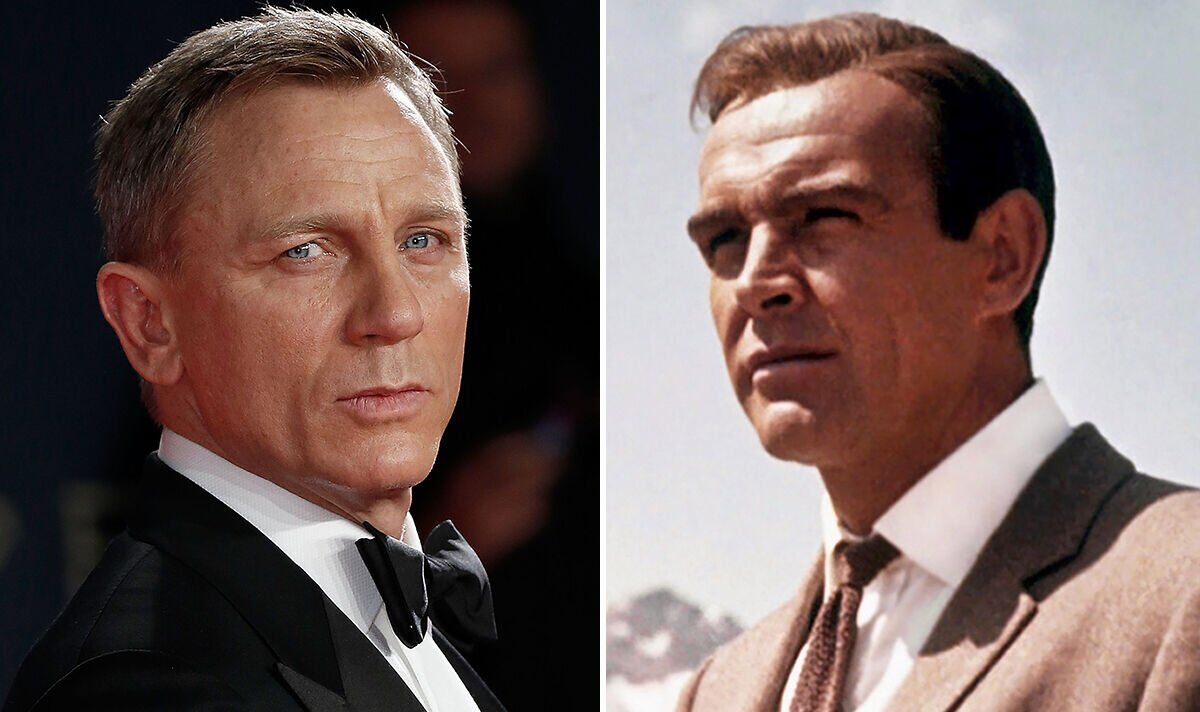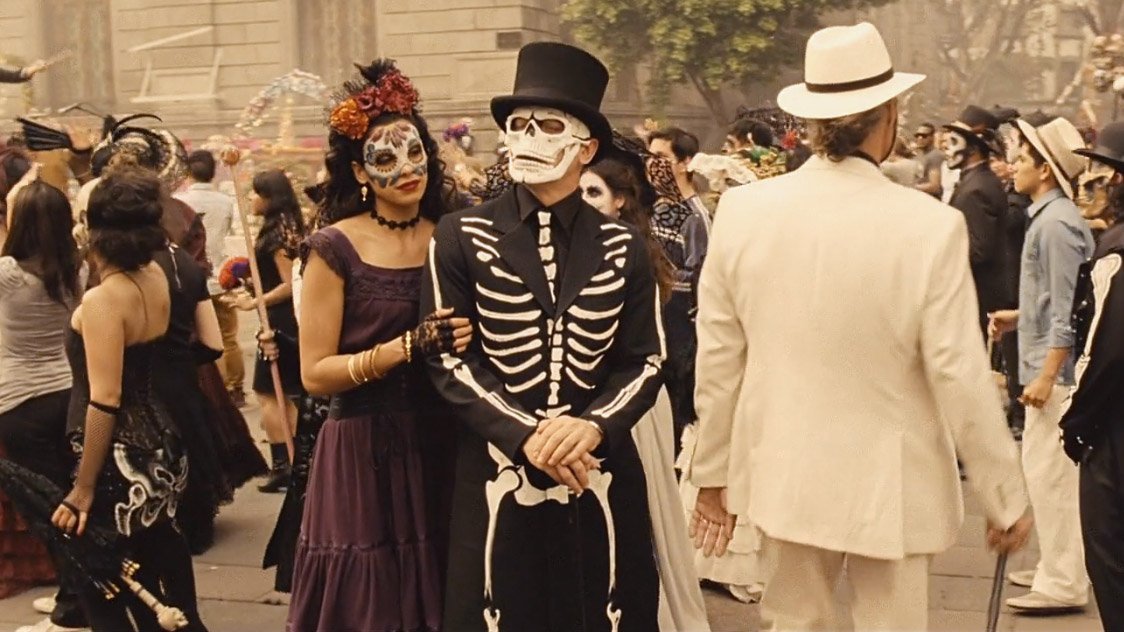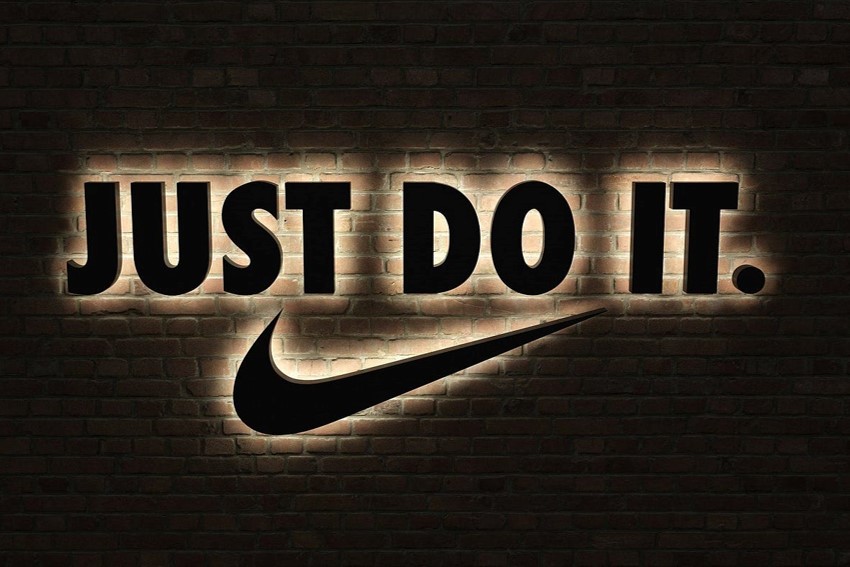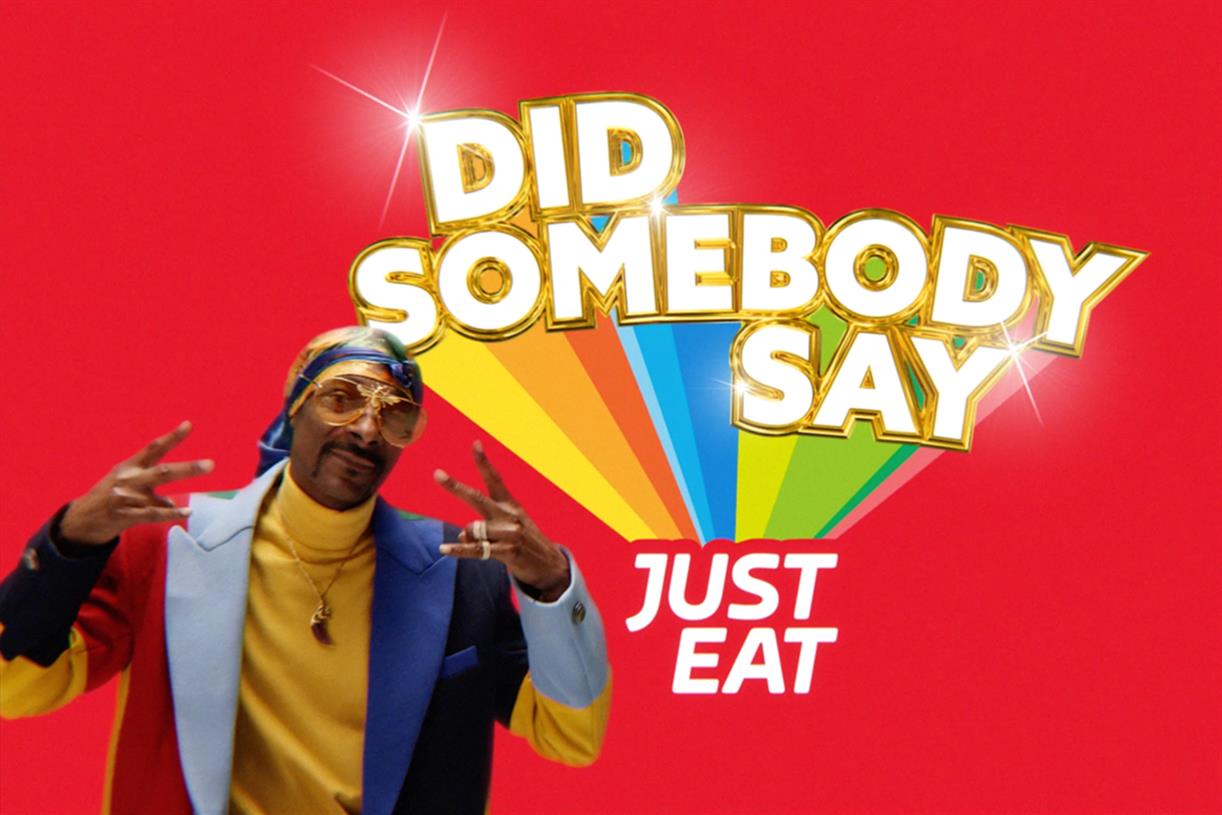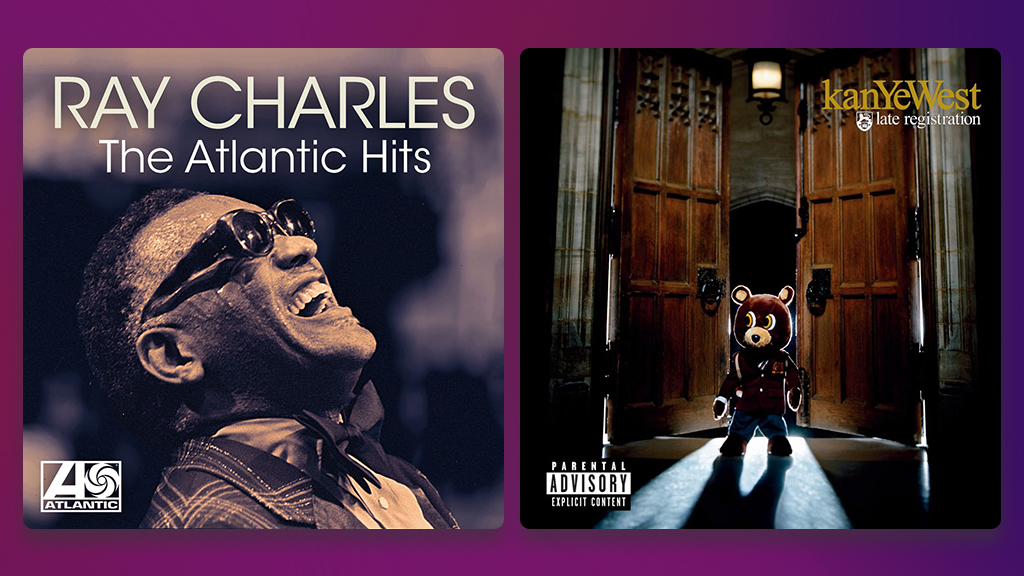Itsu started out as a sushi restaurant, but it’s morphing into a supermarket range: close to half of its revenue now comes from grocery products.
All Threads
When the biscuit was losing out to competitor biscuit brands in supermarkets, its owners made a clever change: they moved it to the cake section. Suddenly the comparative set changed – shoppers realised they could get a box of 6 Jacobs Mallows for the same price as 2 cakes – and sales rebounded.
In the UK, older groups prefer Sean Connery as James Bond and younger groups prefer Daniel Craig.
Spectre opens with an incredible shot of Daniel Craig, as James Bond, pursuing a villain through a Día de Muertos parade in Mexico City. The parade actually never existed before the film, but it was so popular that it prompted locals to put on their own real life version – it has been running annually ever since.
Uber may never have existed without James Bond. In Casino Royale, Bond tracks down Le Chiffre through a Sony Ericsson phone. The phone seems highly outdated by today’s standards, but it allowed Bond to see the location of his car update in real-time – an image that stuck with Uber co-founder Garrett Camp.
Japan drives on the left side of the road due to a historical tradition from the Edo period (1603-1867) when samurai, who wore their swords on their left hips, kept to the left to avoid accidental clashes and potential duels.
Jason Blum is the man behind the scariest – and most profitable – horror movies in the last two decades, like Paranormal Activity, Split, and Get Out. He actively talks about the importance of budget constraints in creating thrills; using a single home location where characters are most vulnerable, and casting silent extras because they are paid more if they talk.
The reason the monster is kept hidden for most of the film isn’t artistic expression – it’s because the mechanical shark stopped working during filming. But as director Steven Spielberg says: “I think the shark not working when we needed it to probably added $175 million to the box office, because what’s scary about the movie is the unseen, not what we see.”
The term “jaywalking,” referring to crossing the street recklessly or illegally, was coined by the US auto industry to shift blame for car accidents from drivers to pedestrians.
When the retailer eliminated coupons in favour of “fair and square prices”, and sales tanked, it learnt an important lesson: a discount feels much more attractive than fixed price, even if the total cost is exactly the same.
When John Mayer tries to write a universal song, it’s always bad. “But if I write a song about something the size of a cup of water, I sometimes notice a week later that it’s got the universe in it.” What’s most personal, John finds, is most universal.
The Roman Emperor is perhaps the most famous example of a self proclaimed Veblen good. In 75 BC he was captured by Sicilian pirates who demanded a ransom of 20 talents of silver, equivalent to $600,000 by today’s standards. But Caesar laughed at them for not knowing who he was, and suggested that 50 talents would be a more appropriate amount.
The iconic slogan was inspired by a murderer. Ad executive Dan Wieden remembered hearing it from Gary Gilmore, an American man awarded the death penalty in 1977 for killing two men after depriving them of their valuables, and used it ten years later when he was creating Nike’s first TV advert.
Did somebody say?
One of the most successful and innovative artists of the 21st century is a master at sampling. ‘Touch the Sky’ used the riff from Curtis Mayfield’s ‘Move on Up’, and ‘Gold Digger’ sampled Ray Charles’ song ‘Hit the Road Jack’.



